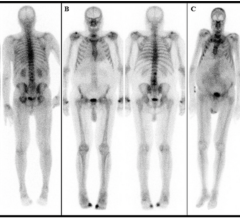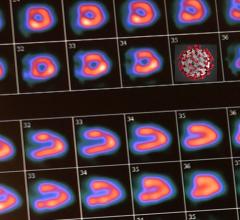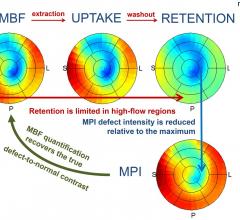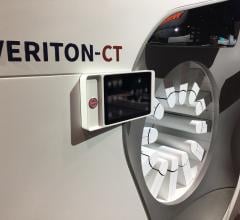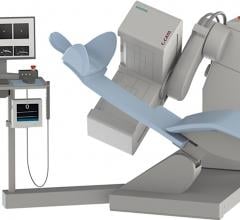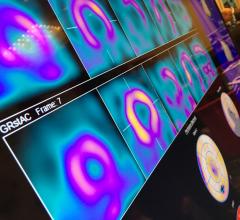September 11, 2015 — Westinghouse Electric Company and NorthStar Medical Radioisotopes announced a memorandum of understanding to explore producing medical radioisotopes from the core of commercial nuclear reactors, and methods of global distribution. The exploration involves generating the most widely used radioisotope in medical diagnostic imaging by treating an isotope of the chemical element molybdenum rather than enriched uranium.
The effort is to address a global production capacity shortage of the medical radioisotope molybdenum-99 (Mo-99), as well as a nuclear proliferation concern with current methods, which rely on enriched uranium as source material. Both societal needs will be answered by using the highly reliable, high-volume production capacity of commercial nuclear reactors to make Mo-99 by irradiating molybdenum-98, and would require little capital investment by nuclear plant operators.
“Nuclear plants operate at very high capacity factors, and there are plants around the world that have the capability to produce Mo-99,” said Cindy Pezze, vice president and chief technology officer, Westinghouse. “Not only does commercial nuclear power provide reliable electricity without greenhouse gases, it can additionally contribute to society by making important diagnostic isotopes available globally.”
Westinghouse has a patent pending for producing medical radioisotopes using the existing Westinghouse plant design Incore Instrumentation System. NorthStar has been developing a process for using enriched Mo-98 targets as the starting point for Mo-99 rather than enriched uranium.
For more information: www.westinghousenuclear.com


 November 12, 2025
November 12, 2025 

